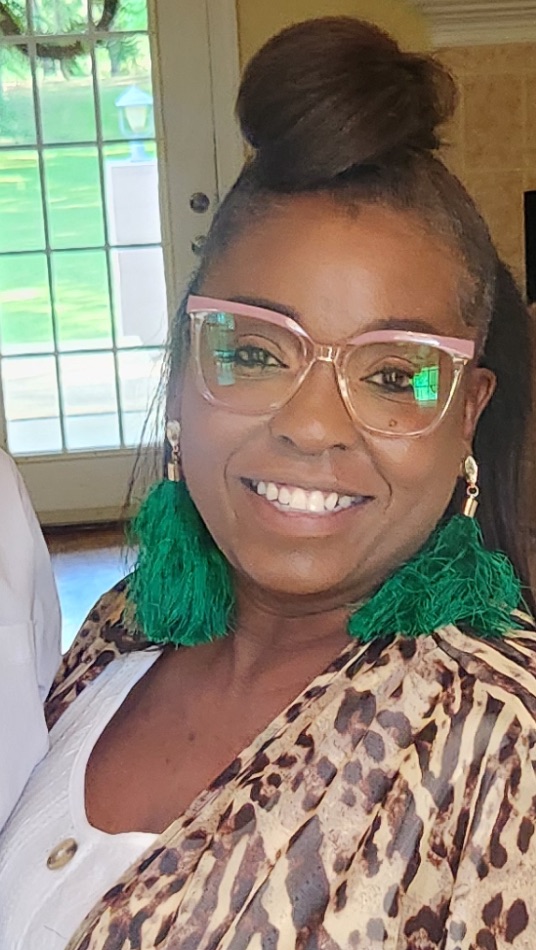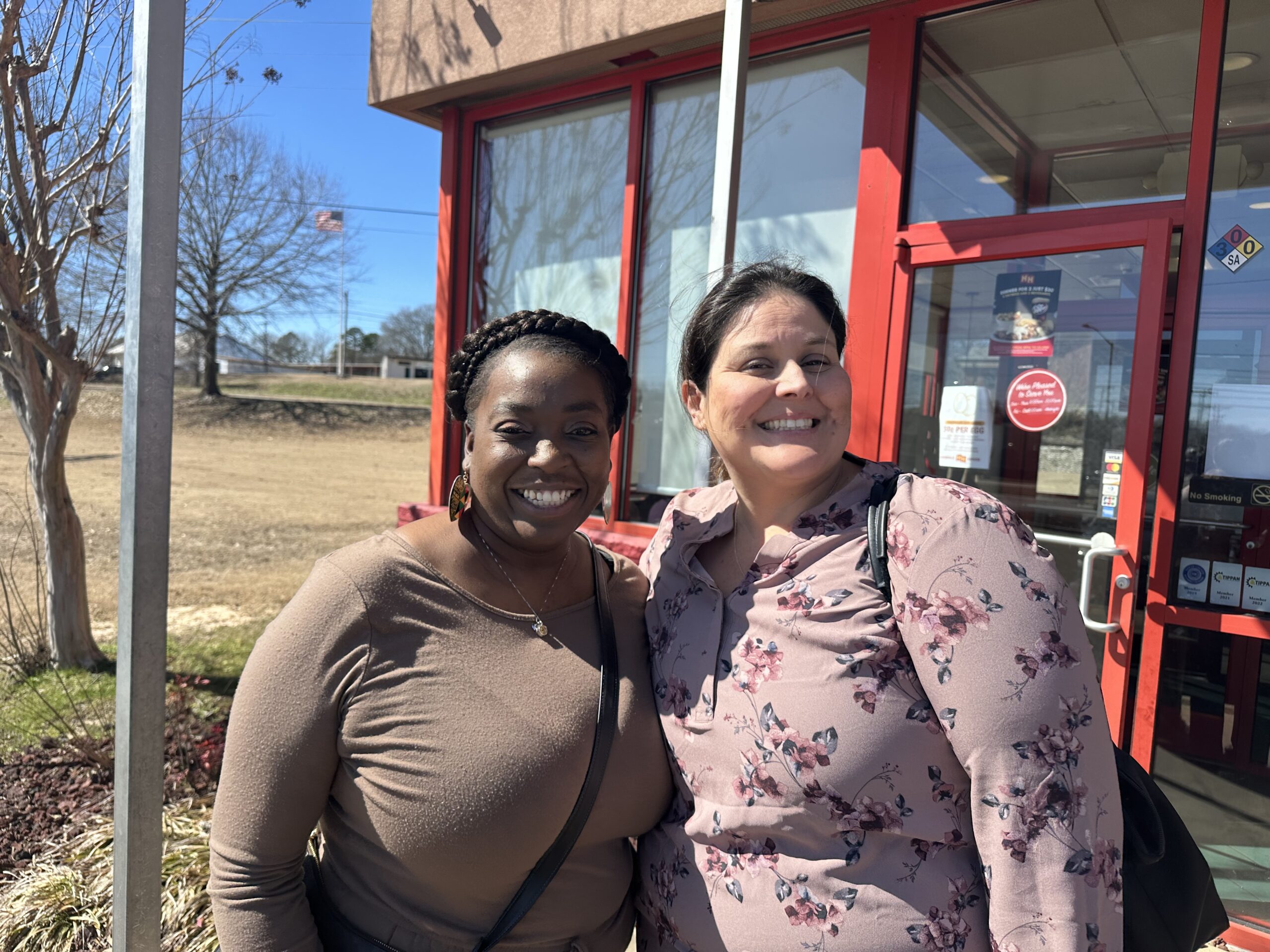
Patient Story Feature: Catarra Simmons’ Journey with PBC and Meeting Another PBC Patient for the First Time
I started itching in 2022. It kept me awake at night, and I scratched until my skin was raw to the touch. I would itch uncontrollably, especially when I got hot, and I didn’t understand what was happening to me. Over time, my skin tone grew darker, and the whites of my eyes began turning yellow. I also lost a significant amount of weight, some of which I thought was simply because I wasn’t snacking as much as I used to. I have since realized that all of these changes were because of Primary Biliary Cholangitis (PBC).


Initially, I went to the doctor because I thought the itching was caused by an allergic reaction to a medication I had previously been prescribed. A nurse practitioner at my local clinic ran some blood work and told me that my liver enzymes and potassium were elevated, which was surprising because I never expected anything to be wrong with my liver. I had to go back every two weeks for about two months for more blood work, and I was eventually referred to a GI specialist because my liver enzymes kept rising. After what felt like forever, I got a liver biopsy and was diagnosed with PBC.
It was such a relief to finally have a diagnosis, but the itching was still relentless. My first GI specialist sent me to a dermatologist because the medication he prescribed wasn’t working. But with pruritus, the itch was quite literally unreachable, and nothing the dermatologists prescribed helped either. I struggled to get my GI specialist to truly listen to me, and I didn’t feel like I was receiving proper care. Since my GI didn’t seem to take my concerns seriously, my husband and best friend encouraged me to find another doctor. I went from Mississippi to Colorado and found my current liver specialist, who has been wonderful. He kept me on Urso and adjusted some of my other medications, constantly checking in on me to make sure they were working. That care helped tremendously with the itching.
Still, PBC is progressive, and not knowing what the future holds can feel isolating. On top of that, my husband was recently diagnosed with MS, and balancing everything can be overwhelming. Because this disease is so rare, I didn’t know anyone else who could truly relate to what I was going through.
When I first learned about PBC, I searched the Mayo Clinic website to see what it was and who it normally affects. I realized I wasn’t the typical patient. Most people diagnosed with PBC are middle-aged white women between 40 and 60 years old—not someone like me. It felt isolating, and I didn’t think I would ever meet someone else who didn’t fit the typical mold of a PBC diagnosis.
That changed in February of this year, when I was able to meet another PBC patient in person for the first time. We sat down for a meal and found so many things we could relate to; we talked about the itching, our families, and what it was like to be diagnosed at a young age. I left that conversation feeling lighter, more understood, and less alone. Living with PBC changes every day, but meeting others like me has shown me that I don’t have to face it alone.
On International PBC Day, I want people to know this disease is life-changing and deserves more attention. But I also want patients to know: you’re not alone, even if it feels that way.
